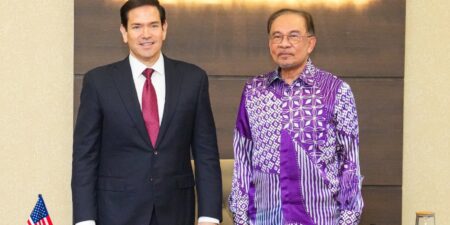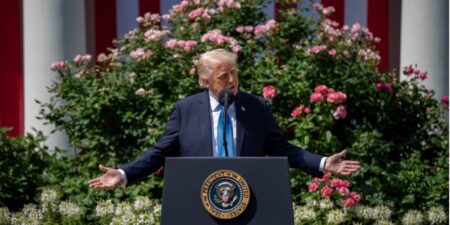The BGA India Team, led by Managing Director Ratan Shrivastava, wrote an update to clients on the outcomes of the recently concluded G-20 Finance Ministers and Central Bank Governors Meeting and Foreign Ministers Meeting.
Context
- :the Finance Ministers and Central Bank Governors Meeting from February 22-25 in Bengaluru and the Foreign Ministers Meeting from March 1-2 in New Delhi.
- India attempted to settle differences between the West and Russia and China over the Russia-Ukraine conflict, but the lack of a joint communique emphasized divisions within the grouping.
Significance
- The first Finance Ministers and Central Bank Governors Meeting and the second Finance and Central Bank Deputies Meeting covered issues such as strengthening multilateral development banks; financing resilient, inclusive and sustainable cities; and leveraging digital public infrastructure to advance financial inclusion and productivity gains. The outcome document, backed by delegates from 17 G-20 members, called on the grouping to address debt vulnerabilities in low- and middle-income countries.
- The first Foreign Ministers Meeting sought to build consensus between the Western and Russia-China blocs. Indian Minister of External Affairs S. Jaishankar highlighted that despite the differences over Ukraine, G-20 negotiators were able to achieve consensus on several issues, such as strengthening multilateralism; ensuring food, fuel and energy security; and addressing climate change.
Implications
- Businesses can expect the government of India to engage in heavy diplomatic lifting over the next few months to help mend divisions and forge consensus among the grouping’s members. The government hopes these efforts will ensure the release of a joint communique at the G-20 summit in September.
BGA will continue to keep you updated on developments in India as they occur. If you have any comments or questions, please contact BGA India Managing Director Ratan Shrivastava at ratan@bowergroup.com.


























